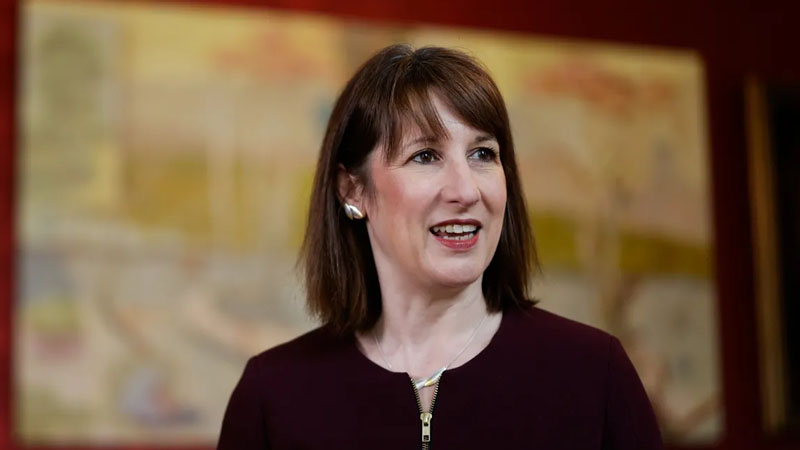
The Chancellor, Rachel Reeves, is under growing pressure to break Labour’s manifesto pledge not to raise the so-called “big three” taxes—income tax, National Insurance (NI), or VAT—amid mounting fiscal challenges and dwindling financial headroom.
Stephen Millard, acting director at the National Institute of Economic and Social Research, warned that raising one of these taxes is “pretty much inevitable” if the government is to meet its spending commitments.
“Reeves is now under fresh pressure, with her £9.9 billion of fiscal headroom eroded by Donald Trump’s tariffs and her own growth-sapping policies,” Millard said to the Daily Express.
With the government needing to find new revenue streams, the question now is: which tax will be raised?
VAT Unlikely, National Insurance Politically Risky
Raising VAT appears politically dangerous and economically risky. Any increase would immediately push up consumer prices, potentially reigniting inflation and causing widespread voter backlash. While VAT increases generate large revenue, the political cost is often steep.
National Insurance, particularly for employees, is another option, though it’s fraught with complications. Former Chancellor Jeremy Hunt cut employee NI from 12% to 10%, and then to 8%, costing the Treasury £20 billion annually. Analysts believe Hunt anticipated that Reeves would be forced to reverse at least one of these cuts, taking the blame.
So far, Reeves has not reversed the cuts. Instead, she increased employers’ NI by £25 billion in April. Though she insists this doesn’t breach Labour’s manifesto promise, the cost has been passed onto workers through reduced wages, higher prices, and fewer job opportunities, prompting backlash that may make her reluctant to touch NI again.
Income Tax Freeze Extension the Most Likely Option
That leaves income tax, the largest single source of revenue for the government, forecast to bring in over £330 billion this year. Reeves may opt to extend the current freeze on income tax thresholds beyond 2028, a stealthy method of increasing revenue without raising headline tax rates.
Allan Monks, chief UK economist at JP Morgan, believes Reeves will do just that—possibly extending the freeze until 2030.
The Institute for Fiscal Studies estimates that the current freeze will already pull four million people into higher tax brackets by 2028. An extension could bring in another 400,000 taxpayers and push 600,000 more into higher-rate bands.
A typical worker could face an additional tax burden of £324 per year by the end of the decade. Pensioners would also be hit, as state pension increases push more into taxable income while the personal allowance remains frozen.
With defence spending rising and Labour ideologically resistant to cuts, Reeves may see little alternative. Though technically not raising tax rates, the move would breach the spirit of Labour’s pledge—and voters are likely to notice.







